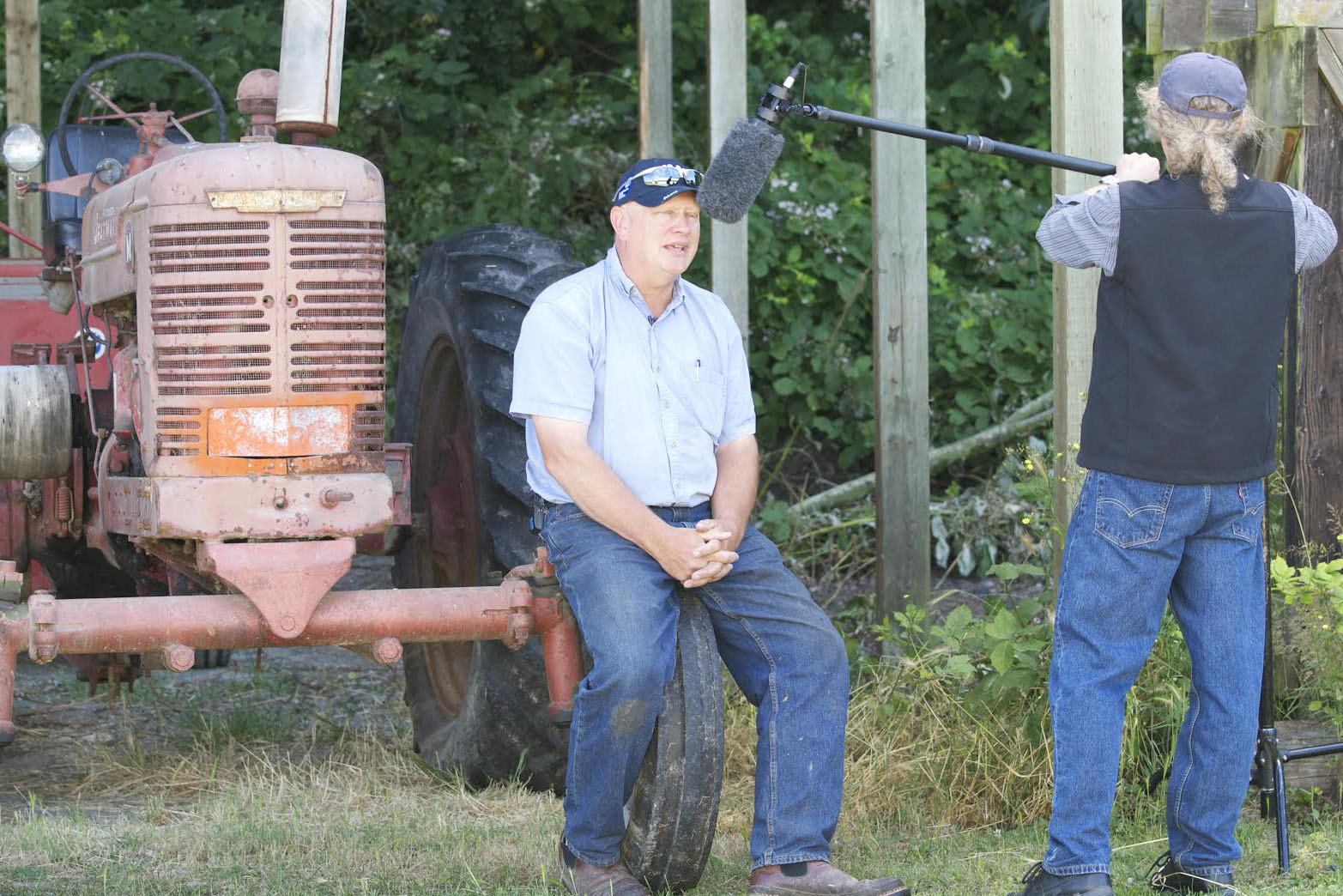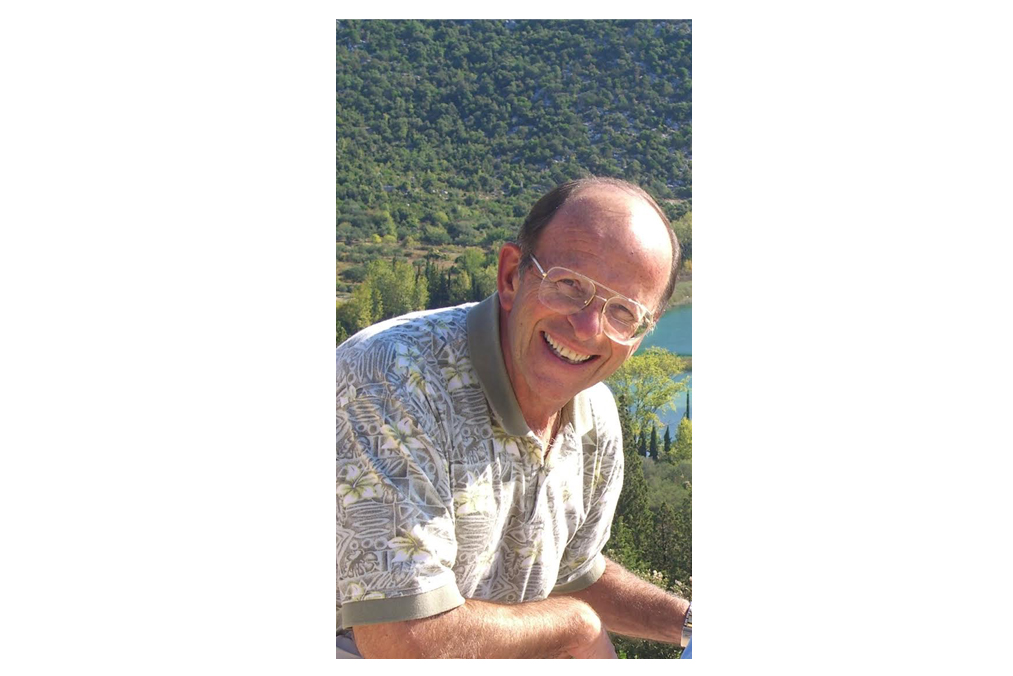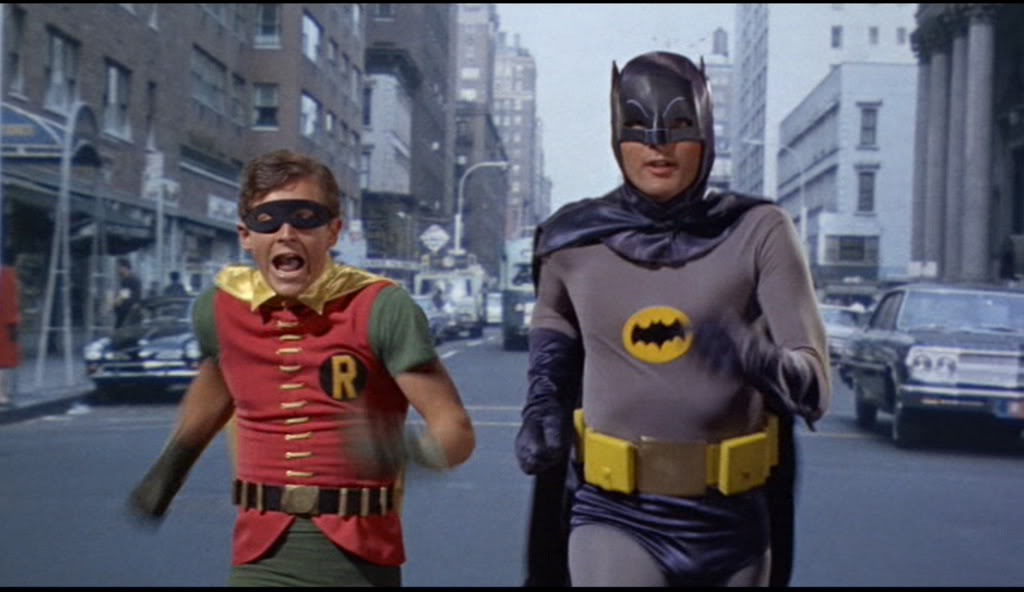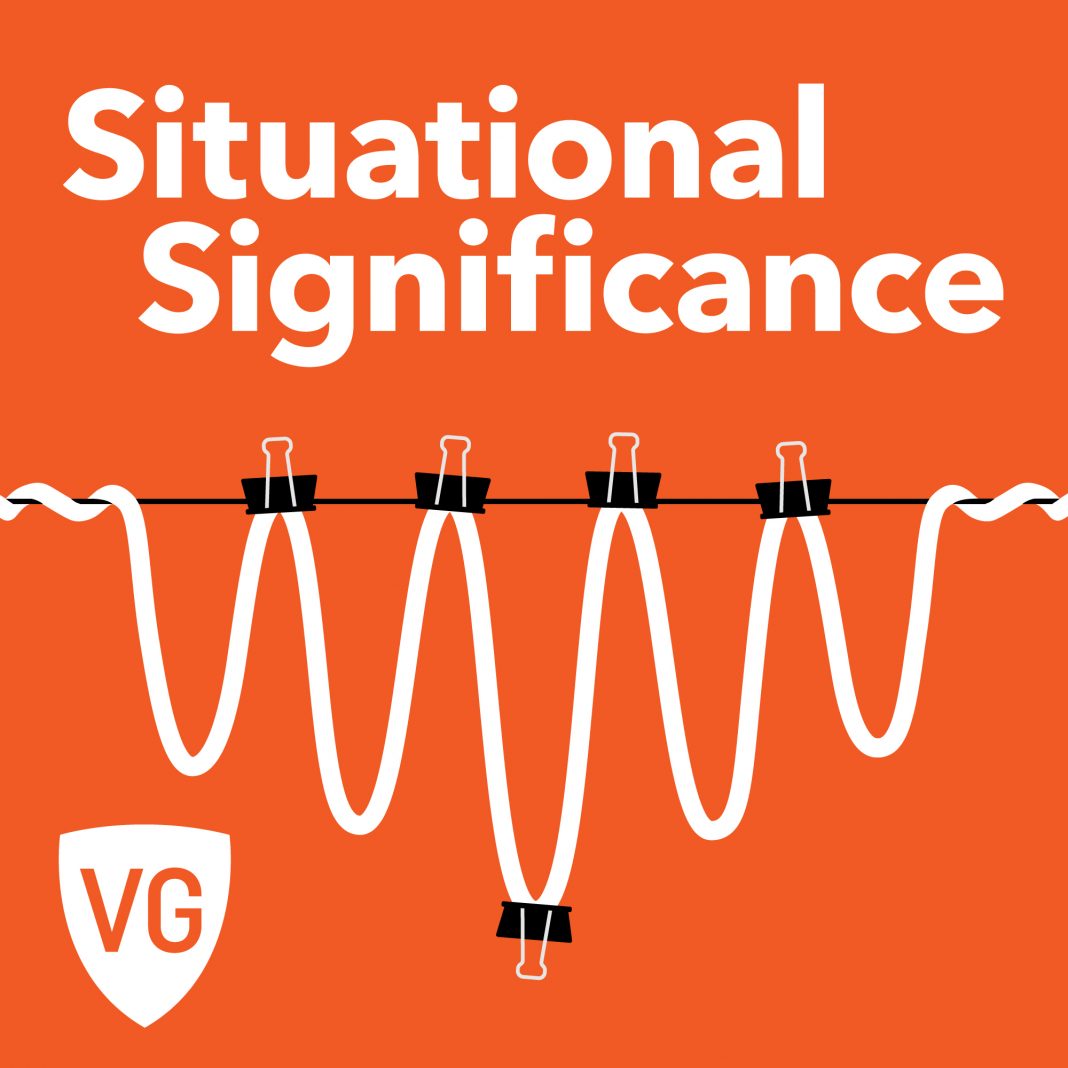When most of us think about dairy farms, we are often presented with two competing images: the idyllic, peaceful countryside with roaming cows, and the industrial, inhumane operation known as the factory farm. But according to Portland State professor Jan Haaken’s new documentary, Milk Men, the reality of the modern farm is not so simple.
“For me the dilemma was how do you seek an alternate path where people begin to think about modernity going forward, rather than recreating a golden era or imagined idyllic past?” said Haaken, an emeritus professor of psychology.
Haaken framed the piece by revisiting her own personal history. Even though she grew up in Seattle, much of her extended family came from farming and fishing backgrounds. Growing up, she was estranged from rural communities and the film was an opportunity for her to bridge the urban/rural divide in which both sides tend to stereotype one another.
“A lot of my work as a psychologist has been to move beyond stereotypes to help people to recognize their complexity,” Haaken said.
This project was also inspired by a decade of hearing her students’ concerns about where their food comes from and current farming practices. She worried that most of what the public knows has been shaped by PETA’s campaign images of animal abuse and progressive films that idealize family farms, which both tend to rely on caricatures. This was problematic for Haaken.
“If you’re going to advance a critique or politics for social change it should account for the complexity and humanity of the people involved,” Haaken said. “For me, there’s a risk in over-critiquing modern agriculture and over-idealizing an imagined past of harmony with nature and families living together cooperatively, and a lot of that was very repressive.”
Therefore, instead of focusing on farmers who are clearly violating ethical boundaries, she chose farmers that are trying to do a good job and care about what they do. Most of the farmers in the film are running a family business they’ve inherited because they love the animals and the work. Farmer Eric Vander Kooy has been around cows his entire life.
“I love the cows and I love working for them,” Vander Kooy said in the film. “It’s not to make a dollar, so to speak. It’s because I love working with animals.”
One of the main concerns people raise about modern agriculture is the size of the farms. Marina Von Keyserlingk of the Dairy Education & Research Centre at the University of British Columbia, a leading research center for animal welfare issues, said that small scale farming does not always translate into better animal welfare. They are seeing a global move to put more animals on farms, often three or four thousand, and many people assume that the animals’ welfare is compromised as a result.
But according to Keyserlingk, that’s not always the case. For example, the Dairy Education & Research Centre conducted research on lameness, which is a big issue for dairy cows, and discovered that larger farms actually had fewer lame cows—the opposite of what people expect.
“There’s been a lot of critics that say big is bad,” Von Keyserlingk said. “I think we have to be careful when we say big is bad. Once you have economies of scale working for you, you can actually hire somebody where all that person does is identify lame cows.”
Jesse Robbins, from the Department of Animal Welfare at UBC, agreed that one cannot judge the practices of a farm on size alone.
“Really, it’s a mixed bag,” Robbins said.
Revealing this ambiguity is Haaken’s intention, not to advocate for one side over another. As an academic, she views it as her responsibility to foster a conversation that is more complicated and nuanced. According to Haaken, screenings of the film have brought farmers and activists into the same room and instigated dialogue that may otherwise not have taken place.
“As long as we have this imaginary world—of on the one hand evil factory farms and on the other hand these idealized, vanished spaces of the farmer out on the field with the cows—and [we] are in the grips of these simplistic pictures, I don’t think there’s a way to have a good conversation about what it means to feed millions of people,” Haaken said.
Haaken said her students played a vital role in the production of the film by participating on research teams, framing key questions, conducting content analysis for the script and serving on the production crew.
“It’s been a very gratifying part of my continued career as an academic,” Haaken said.
The Portland premiere of Milk Men is on Monday, July 18 at 7 p.m. at the Whitsell Auditorium and will be followed by a question and answer session with the director.






